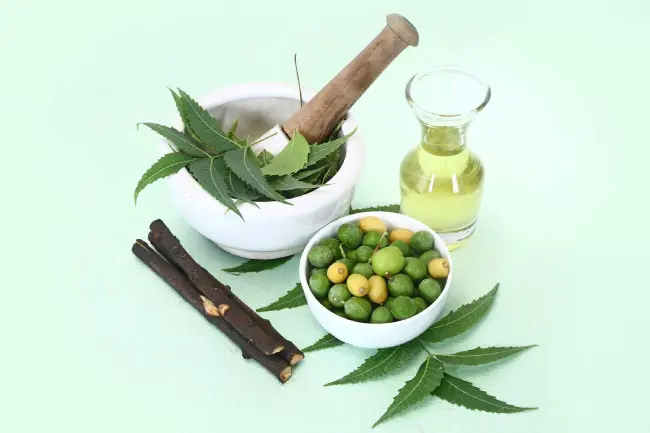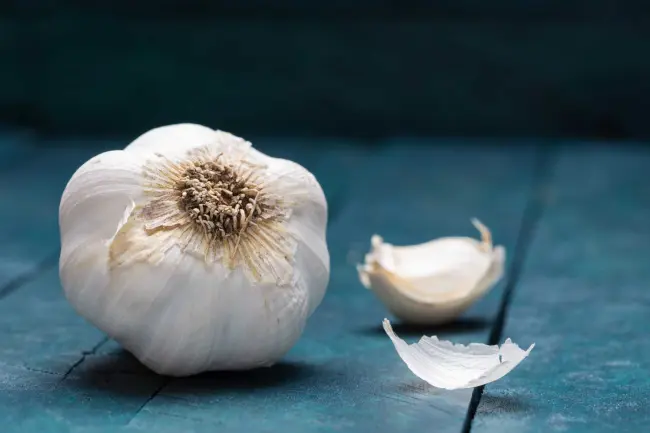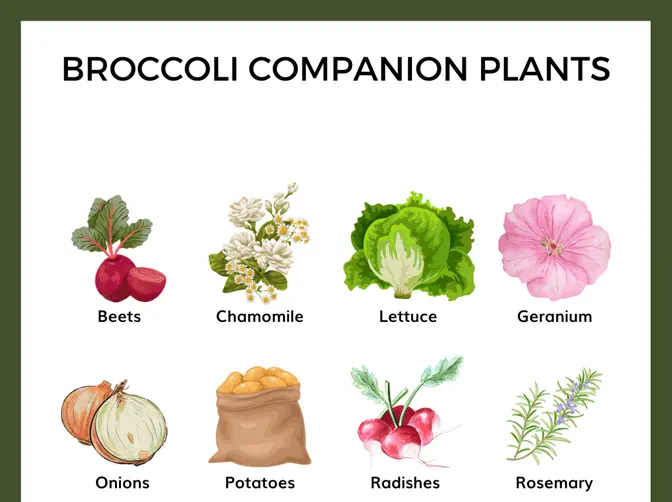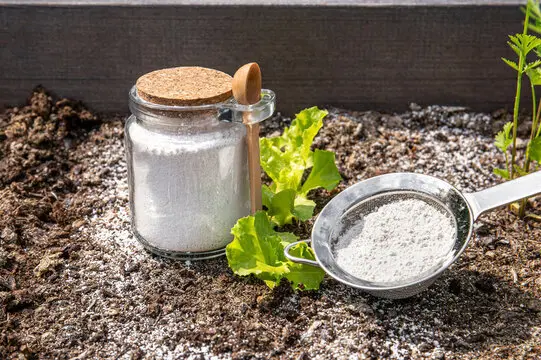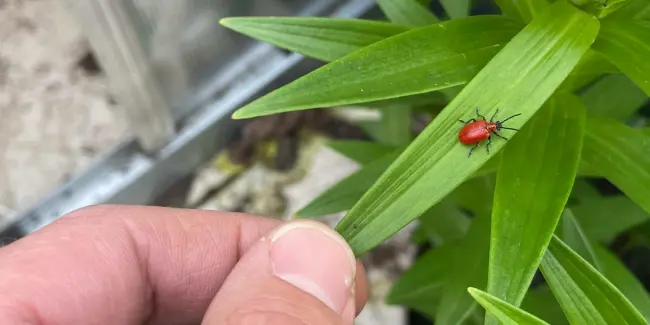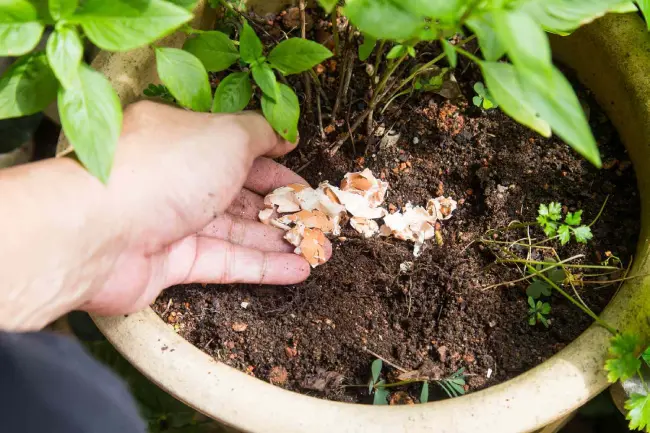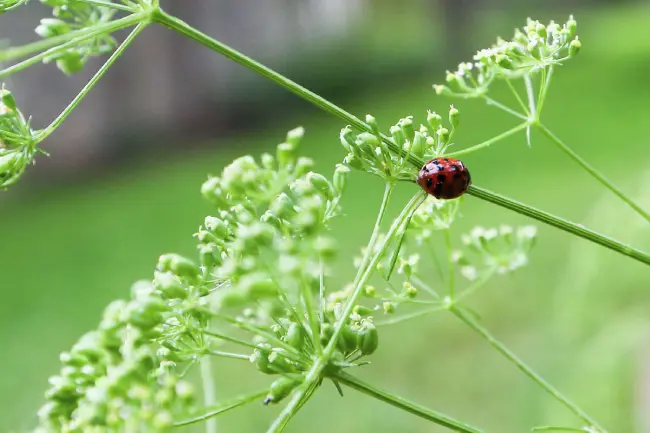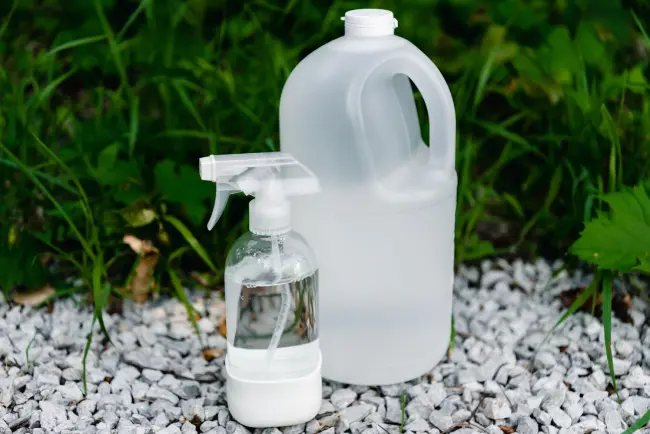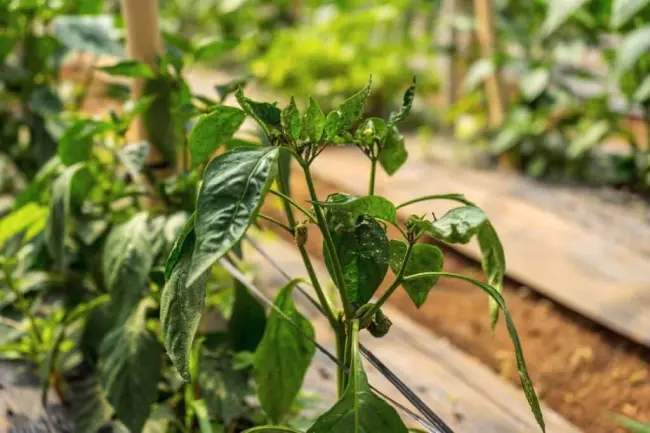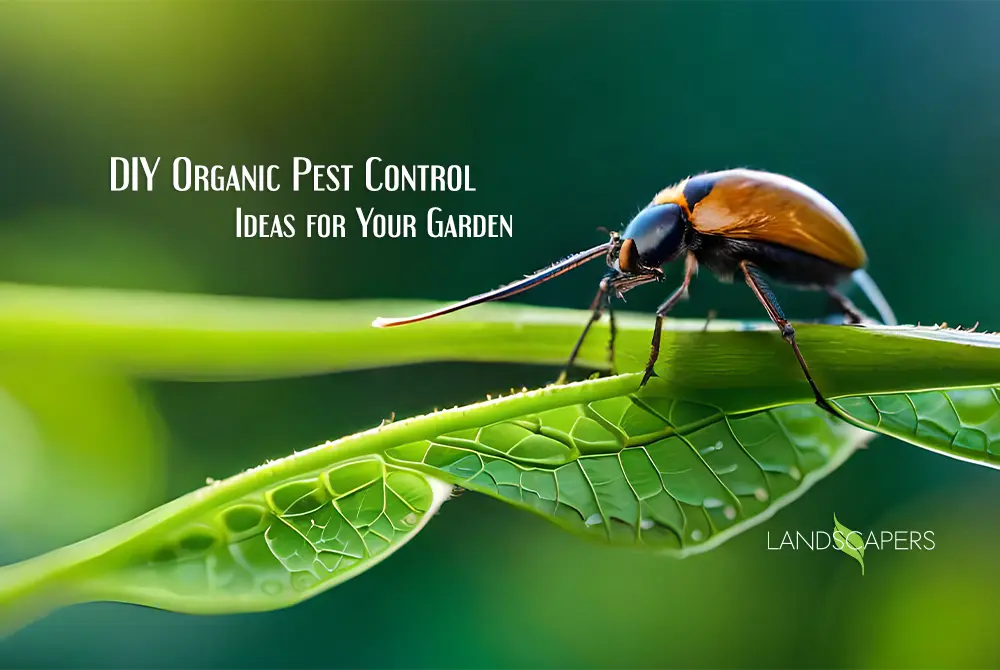
DIY Organic Pest Control Ideas for Your Garden
Maintaining a lush and thriving garden is indeed a labor of love, but it can be disheartening to watch your hard work fall victim to destructive pests. While chemical pesticides can offer a quick fix, they often come with negative environmental and health impacts. Fortunately, there are effective and eco-friendly alternatives for protecting your garden. We have some amazing DIY organic pest control ideas for you to keep your garden healthy and thriving.
Neem Oil Spray
Neem has been a consistent favorite in the Indian subcontinent since ancient times. It is practically used in every aspect, whether it is ayurveda or cooking. Neem oil, extracted from the seeds of the neem tree, is a potent organic pesticide. It works by disrupting the feeding and reproductive cycles of various pests. To make a neem oil spray, combine two tablespoons of neem oil with one gallon of water and a few drops of dish soap. The soap helps the oil mix with water. Spray the solution on your plants, focusing on the leaves and stems. Neem oil is particularly effective against aphids, mealybugs, and scale insects.
Garlic and Pepper Spray
A homemade garlic and pepper spray is excellent for deterring many common garden pests. To make it, blend four cloves of garlic and two hot peppers with a quart of water. Let it steep overnight and strain it through a fine mesh or cheesecloth. Add a few drops of dish soap and transfer the mixture to a spray bottle. The strong odor and taste of this solution repel insects like beetles and caterpillars.
Companion Planting
Companion planting involves strategically placing certain plants near one another to benefit the garden as a whole. For example, marigolds are well-known for repelling nematodes and aphids, making them excellent companions for vegetables. Basil can help protect tomatoes from hornworms, and nasturtiums serve as a distraction for aphids, keeping them away from your other plants.
Diatomaceous Earth
Diatomaceous earth is a natural powder made from fossilized remains of diatoms. It’s a fantastic organic pesticide that works by dehydrating and physically damaging insects with exoskeletons, like ants, fleas, and bedbugs. Simply dust a thin layer of diatomaceous earth around the base of your plants and reapply after rain.
Hand-Picking
Sometimes the best pest control method is the most straightforward one. Regularly inspect your plants for unwanted visitors, such as caterpillars or beetles, and pick them off by hand. Be sure to wear gloves if you encounter insects that may bite or sting.
Eggshell Barrier
Eggshells are an excellent deterrent for slugs and snails. Crushed eggshells create a jagged surface that these pests find uncomfortable to cross. Sprinkle crushed eggshells around your vulnerable plants to create a protective barrier.
Insect-Attracting Plants
Encouraging beneficial insects like ladybugs and lacewings can help keep pest populations in check. Plant flowers like dill, fennel, and yarrow to attract these helpful insects, which prey on aphids, mealybugs, and other garden nuisances.
Vinegar Spray
Vinegar is a versatile household item that can be used to combat pests in your garden. Create a solution with equal parts water and vinegar and a few drops of dish soap. Spray it on your plants to deter aphids, ants, and other soft-bodied insects.
Cayenne Pepper Barrier
Pests like rabbits and squirrels can be a real challenge in the garden. Create a natural deterrent by sprinkling cayenne pepper around your plants. The strong smell and taste will often keep these critters away.
Crop Rotation
Crop rotation is a long-term strategy to reduce the likelihood of pests taking hold in your garden. By changing the location of your crops each year, you disrupt the life cycles of many garden pests, making it harder for them to establish a presence.
In conclusion, keeping your garden pest-free doesn’t have to mean resorting to harmful chemicals. These DIY organic pest control ideas offer safe and effective alternatives that protect your plants and the environment. Experiment with these methods and find the combination that works best for your garden. By taking a natural approach to pest control, you’ll enjoy a healthy and thriving garden that you can feel good about.


